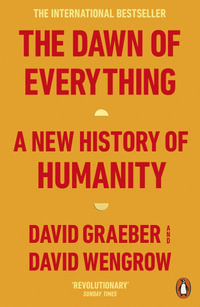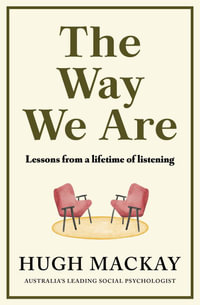"
Global Mental Health is not only for anthropologists but should be read by mental health professionals more generally and mental health policymakers in particular. The field of mental health is in need of a strong anthropological perspective. This would provide a balance of views and a more holistic approach to mental health in both knowledge and intervention."
--Michael J. Kral, American Journal of Human Biology
"At BasicNeeds we run programmes for mentally ill people in 12 low income countries and the challenges we face daily are uncannily similar to those described in this powerful book. We identify people who need support, who struggle for treatment and who in the end contribute productively to their homes and community. None of this would be possible without a deep respect for the diverse cultures we work in and this book perfectly balances these imperatives of working with a community based approach and culture. Deeply sensitive, insightful and practical."
--Chris Underhill MBE, founder/President, BasicNeed
"This book is truly global in its focus on both high- and low-income countries' mental health services, thus addressing issues that affect all health systems. The contributions range from psychiatric residents in Boston and peer providers in Chicago to nurses in Liberia and community health workers in Haiti. Through the narratives of patients and health-care providers, the chapters taken together demonstrate a range of barriers to accessing care."
--From the foreword by Vikram Patel
"This outstanding collection of studies shows the vigor and promise of anthropological approaches for advancing global mental health. The editors have assembled a new generation of scholars who address the social structural origins of mental health problems and novel treatment approaches to improving access to culturally appropriate care. Special attention is given to the dominant strategy of task-shifting as well as to alternative models of care that incorporate indigenous concepts of distress and healing practices. The book is truly global in scope--touching on issues distinctive to urban and rural, wealthy and low income settings."
--Laurence J. Kirmayer, McGill University
























